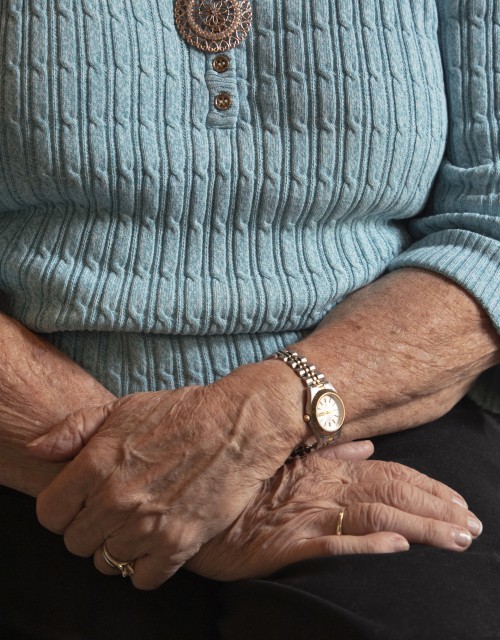Toronto Metropolitan University's Maximum Exposure Winner 2022
Exhibition Dates: November 5 – 19, 2022
Opening Reception: Saturday, November 5, 2 – 5pm
Indian Savages: A Family Album
Indian Savages: A Family Album is an exploration of the Indigneous family photo album. These images, taken from the artist’s grandmother's family albums, explore childhood, family, marriage, love and faith. Each image is framed and paired with a quote from a politician, piece of legislation, report or an amendment to the Indian Act. Each piece of text is etched into clear acrylic, ending in its source and date. The image and text are thus arranged in chronological order, spanning over a hundred years from 1847 to 1951. The text is what stands out at first, forcing the viewer to read the racist and unsettling words written about Indigenous peoples before they interact with the piece and unveil the real people and families that were affected by these heinous policies and ideologies. These pairings create a juxtaposition between the racist ways in which Indigenous peoples and families were, and still are perceived, versus how they actually look and function.
The way in which the images are displayed compels the viewer to interact, analyze, interpret and sit with the feelings that arise between the racist and real portrayal of Indigenous peoples and families. As most Canadians are unaware of the true and violent history that Indigenous peoples in this country have faced for the past 500 years, this work aims to alter that narrative by allowing the viewer to confront our shared past and work together to mend our perceptions and relationships with one another for future generations.
Niin, Nimaamaa, Nokomis
My great-grandfather went to Residential School and his daughter, my grandmother, went to Day School. She married a French-Canadian man at the age of 18 and was enfranchised by the government. Thus, her and all of her children lost their status until the Gradual Civilization Act was reviewed in 1985, over 100 years after it was first enacted. Today, my grandmother is a Christian woman who hangs countless depictions of Jesus in her home, goes to church every Sunday, wears a cross and prays at dinner. She wears a green dress made of cloth so that she can always be cleaning, God forbid she be seen as one of those “dirty Indians” she was indoctrinated to hate. Although she has dementia and forgets who I am sometimes, the self-hatred she carries never goes away. Assimilation was ingrained so deeply that not even this disease can make her forget.
My mother grew up in the French-Catholic church, ashamed of her identity because of how she was raised. She tried to reconnect as she became an adult. She tried her best, given the resources and where we grew up, to give me and my brother the opportunity to experience more of our culture than she had.
Niin, Nimaamaa, Nokomis (Me, Mother, Grandmother in Anishinaabemowin, what should have been my mother tongue) is an exploration of the generational healing my family has had to go through. Through portraits, personal and cultural items, our personal spaces, scans of archival images and more, the artist discovers how each of them are dis/connected from their Indigeneity.

